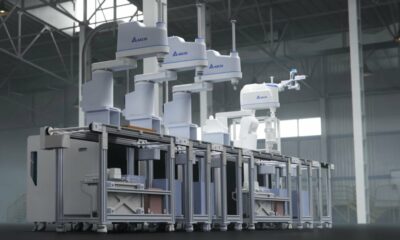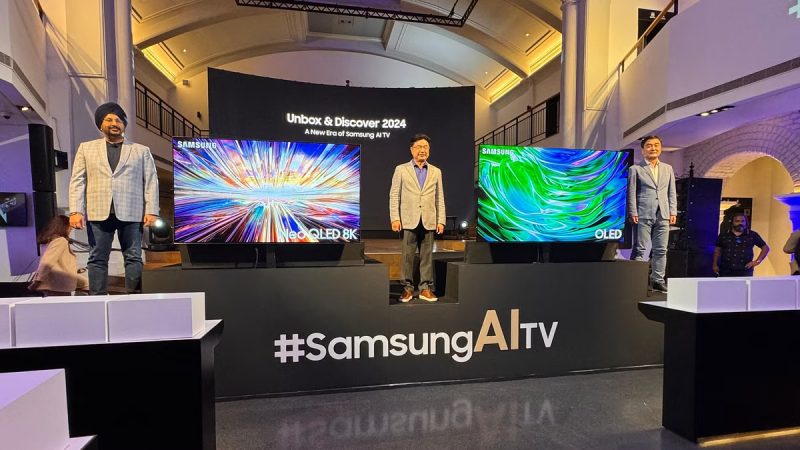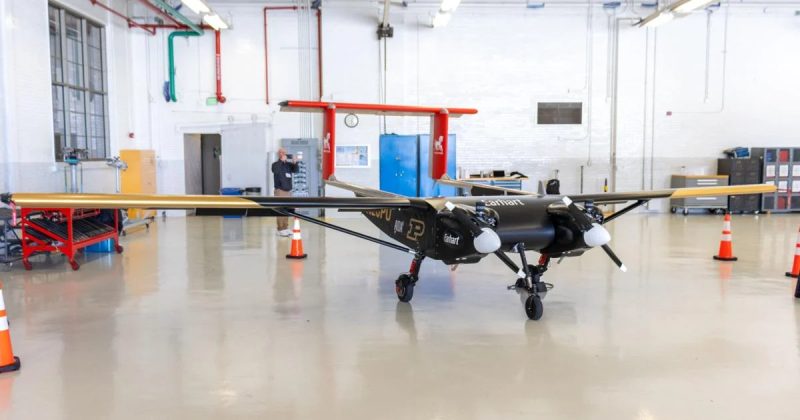Technology
Syttende Mai: Google Doodle Celebrates Norway Constitution Day 2019, How the Country Celebrates National Holiday

Technology
Samsung Debuts AI-Driven Neo QLED Smart TVs in India, Starting from Rs 1,39,990
Technology
Windracers and Purdue University Unveil AI Aviation Center Collaboration
Technology
Linux Foundation Introduces Industry Drive to Enhance Generative AI for Enterprises
-

 Technology2 weeks ago
Technology2 weeks agoApple’s MacOS 15 Announcement may Include AI Features for Compatible Macs
-

 Technology3 weeks ago
Technology3 weeks agoZoom Workplace: Using AI to Revolutionize Collaboration
-

 Business3 weeks ago
Business3 weeks agoG7 CR Technologies Launches AI Apps Program for Streamlined AI Integration
-

 Technology2 weeks ago
Technology2 weeks agoAI Data Center Designs Developed in Partnership with NVIDIA by Schneider Electric
-

 Business3 weeks ago
Business3 weeks agoDelta Unveils NVIDIA Omniverse Digital Twin and Efficient AI Server Solutions at GTC
-

 Technology3 weeks ago
Technology3 weeks agoIntel Unveils New Initiative for AI Hardware and Software Providers
-

 Technology3 weeks ago
Technology3 weeks agoAdobe Integrates GenAI-Powered Workflow Planning into Content Supply Chain
-

 Technology2 weeks ago
Technology2 weeks agoThales Introduces AI Platform Tailored for Defense Industry













